SUMMARY
This is AI generated summarization, which may have errors. For context, always refer to the full article.
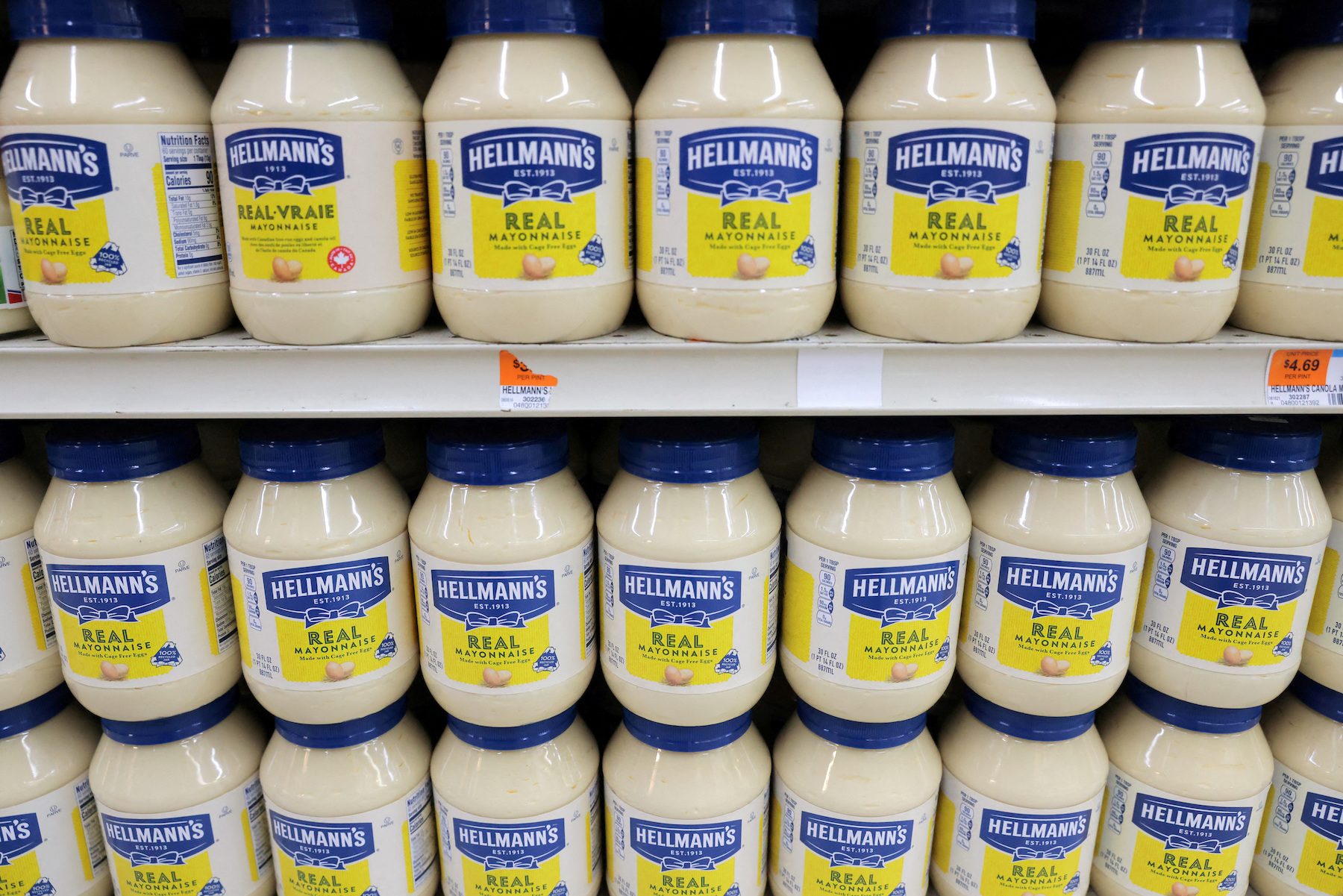
LONDON, United Kingdom – Unilever said on Thursday, February 9, it would continue to raise prices for its detergents, soaps, and packaged food to offset rising input costs, and ease up those hikes in the second half of 2023.
The London-based company, which makes products like Fairy washing-up liquid, Dove soaps, savory food spread Marmite, and Ben & Jerry’s ice cream, expects cost inflation to continue in 2023, forecasting net material inflation in the first half of around 1.5 billion euros ($1.6 billion).
The packaged goods industry has hiked up prices over the past year to cope with surging costs of everything from cocoa and sunflower oil to wheat. The industry had already been battling COVID-era supply chain issues and raw material expenses when Russia invaded Ukraine, further boosting prices of energy and other commodities.
“When it comes to coverage of the inflation that we’ve seen, we’re currently only sitting at about 75% of the total cost inflation covered,” said finance chief Graeme Pitkethly. “That needs to go above 100% to repair our gross margin.”
Price increases would continue in the second half “but it will be a lower rate of increases…we are probably past peak inflation, but not yet past peak pricing,” Pitkethly said.
Underlying price growth for the fourth quarter was a record 13.3% while underlying volumes fell 3.6%.
Some companies in Europe have said they may unwind price hikes introduced in recent years as soaring costs of energy and other raw materials have eased, potentially providing some relief to consumers.
Unilever has had a dramatic past year, featuring three rejected bids to buy GSK’s consumer health business, activist Nelson Peltz joining its board, and chief executive Alan Jope announcing his departure. At the end of last month, it named dairy executive Hein Schumacher its incoming CEO.
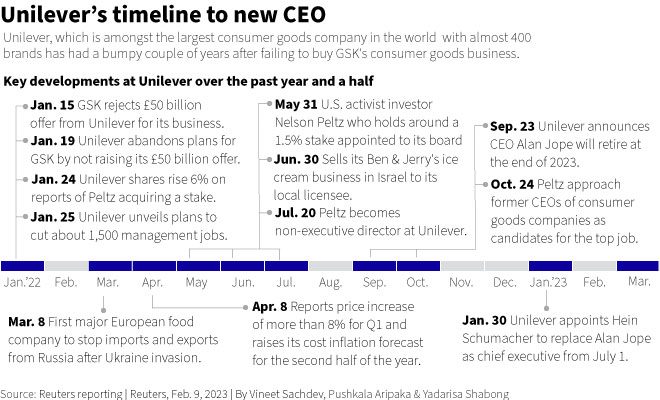
Hopefully, the new CEO will start as input costs ease, enabling the company to gain back market share, said Tineke Frikkee, a fund manager at Waverton Investment Management.
Underlying sales at Unilever rose 9.2% in the fourth quarter, beating a company-provided analyst estimate of an 8.2% increase.
The underlying operating margin declined by 230 basis points to 16.1%, and is expected to stay at about 16% in the first half.
“Some commentators had hoped for an improving margin,” Waverton’s Frikkee said. “Any margin improvement will be second-half weighted. We may see some downgrades on this.” – Rappler.com
$1 = 0.9316 euros
Add a comment
How does this make you feel?

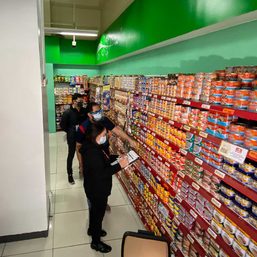

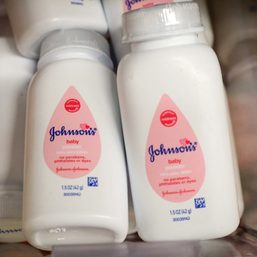
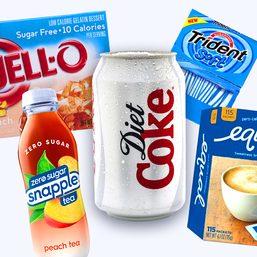
There are no comments yet. Add your comment to start the conversation.